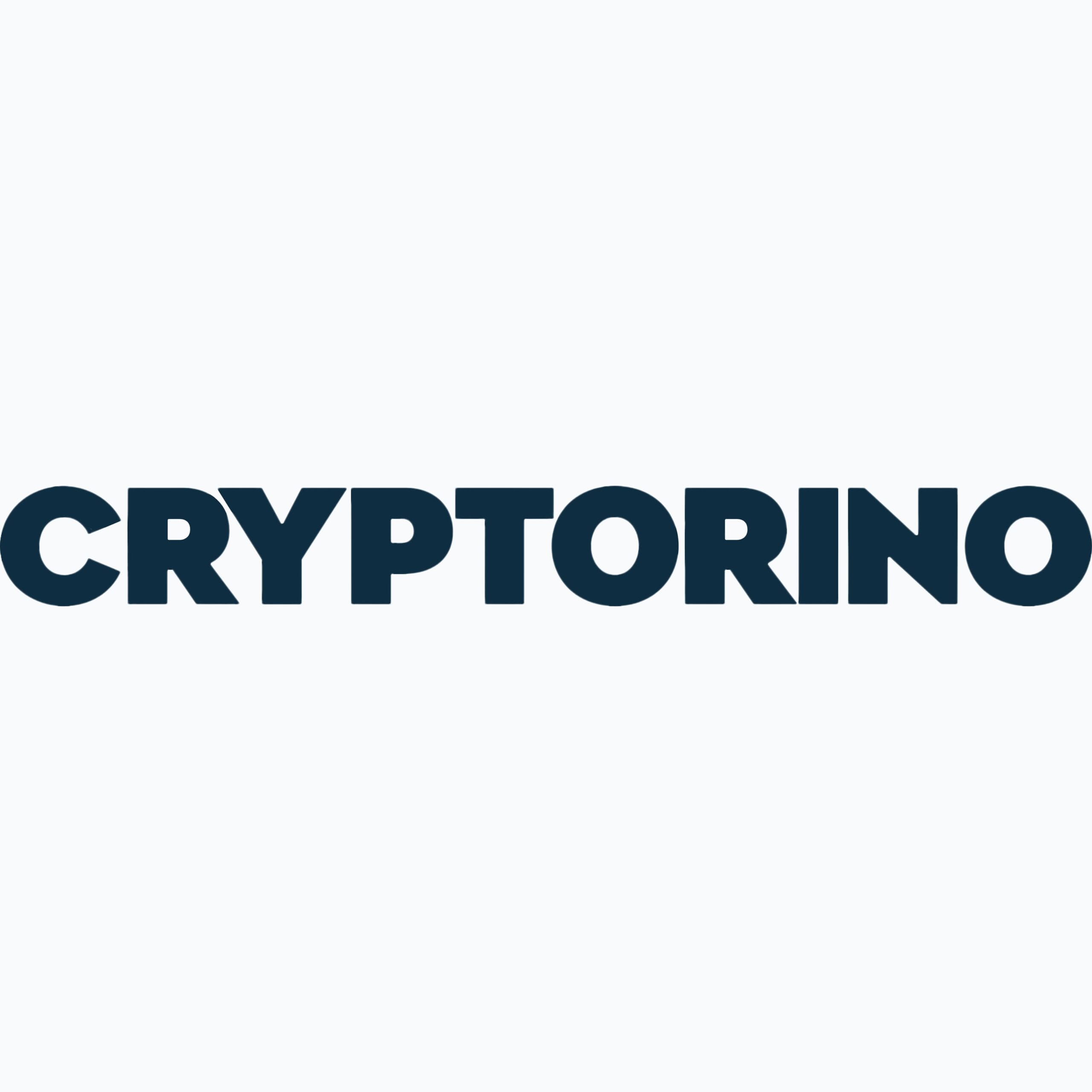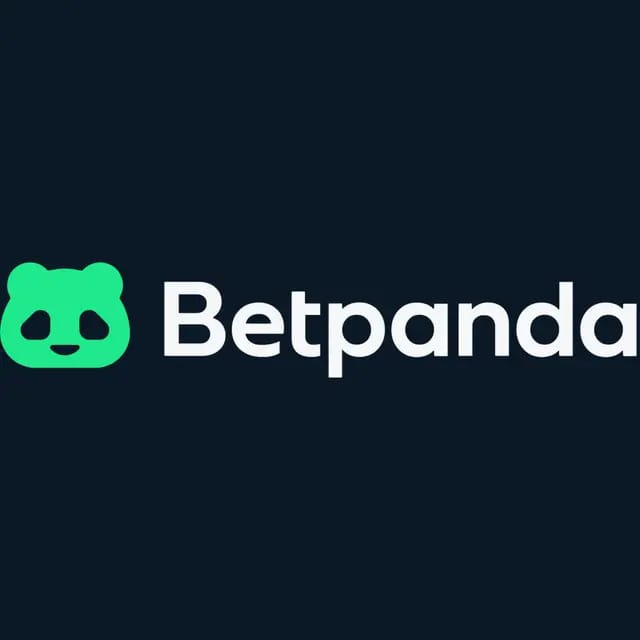
Top Decentralized Casinos for 2026 – Gamble with Full Control and Privacy
Decentralized casinos are changing the game by offering full transparency, faster payouts, and complete control over your crypto. In this guide, we’ll explore the best Web3 casinos where you can play securely and anonymously – no sign-ups, just smart contracts and fair play.

- Over 10,000 games to play
- 150+ cryptocurrencies supported
- Over 10,000 games to play
- 150+ cryptocurrencies supported

- Generous welcome bonus up to $95,000
- Demo mode available for most games
- Generous welcome bonus up to $95,000
- Demo mode available for most games

- Generous welcome bonus
- No wagering requirements
- 2-hour withdrawal
- Generous welcome bonus
- No wagering requirements
- 2-hour withdrawal

- Bitcoin Lightning Network Integration
- No Minimum Deposit Limit
- Bitcoin Lightning Network Integration
- No Minimum Deposit Limit

- No maximum limits on deposits or withdrawals
- High RTP games & progressive network jackpots
- No maximum limits on deposits or withdrawals
- High RTP games & progressive network jackpots
What is a decentralized casino?
A decentralized casino is an online gambling site running on blockchain technology. Such a site eliminates the need for a central authority, traditional banks, or regulatory intermediaries.
Three pillars define these casinos.
- Blockchain technology: A distributed ledger ensuring transparency and security.
- Cryptocurrency payments: Enabling anonymous and instant transactions.
- True decentralization: No single entity controls the platform.
Together, these elements offer a gambling experience that’s autonomous, secure, and often anonymous.
Blockchain technology in decentralized casinos
In essence, decentralized casinos are those that use blockchain. That is a distributed, tamper-proof ledger shared across numerous nodes worldwide.
This technology uses smart contracts, which are self-executing computer programs that automate deposits, bets, and payouts without any human intervention.
Unlike fiat casinos, which require banks or payment processors to validate transactions, blockchain casinos settle payments instantly and transparently on the ledger.
For example, when depositing crypto at a decentralized casino, the transaction triggers a smart contract that confirms your deposit immediately without any centralized supervision.
Cryptocurrencies enable privacy and speed
Decentralized casinos accept a wide range of cryptocurrencies such as Bitcoin, Ethereum, Litecoin, stablecoins like USDT, and more.
This diversity reinforces privacy by removing the need for traditional banking info or personal data. All transactions remain linked only to crypto wallets, not your identity, making these casinos popular for players who value anonymity.
For those new to the concept, our page on fully no-KYC casinos is a great resource to find operators with no identity checks.
Decentralization
Without a central governing body, decentralized casinos use networks of nodes to validate every game outcome and transaction. This distributed consensus model means there is no single point of failure, and no authority can arbitrarily censor or block users.
Some platforms, like Betplay.io, even let players participate by enabling governance voting on site changes, promoting a democratic and transparent environment.
What are dApps and how do they work?
Decentralized applications (dApps) are blockchain-based apps that run without central control. In gambling, dApps deliver provably fair games where the game logic is transparent and unalterable.
Players connect crypto wallets such as MetaMask or Trust Wallet to the gambling platform, eliminating the need to register accounts or provide personal data. Funds move directly between the player and the smart contract.
Remember that decentralized applications (dApps) bring the full potential of blockchain to online gambling. These apps are not hosted on centralized servers. Instead, they run on peer-to-peer networks using smart contracts, ensuring that no single party controls the outcome or flow of funds.
Another real example of a decentralized casino dApp is OwlDAO.
OwlDAO is a blockchain-based DAO (Decentralized Autonomous Organization) that powers several crypto casino platforms. OwlDAO is not a casino itself, but a backend infrastructure provider for other casino dApps. It means you can still play on this platform if you search for a specific game, as they will connect you straight to the provider.
Key things about OwlDAO:
- Built on Ethereum and BNB Chain with support for other networks.
- Features provably fair games including blackjack, roulette, crash, and lotteries.
- Operates on a no-KYC model, allowing players to use DeFi wallets to gamble anonymously.
- Offers staking and DAO governance, giving token holders the power to vote on platform decisions.
OwlDAO’s modular dApp architecture makes it a standout among decentralized gambling projects.
DEOS Games - EOS-based dApp casinos
DEOS Games are based on the EOS blockchain, offering true dApp-level decentralization. They are one of the earliest dApp casinos, offering zero house edge games like Dice, Blackjack, and Roulette, all running entirely on-chain with smart contract-based wagering.
These platforms operate entirely outside of centralized regulation, and the fairness of each game is backed by visible contract logic, making them ideal for players who value provable decentralization over flashy features.
More true decentralized operators worth exploring
There are some crypto casinos that incorporate decentralization to varying degrees. But there are also a few standout platforms that embody decentralized principles more fully, either as dApps, community-driven casinos, or autonomous ecosystems. Here are several to consider.
BC.Game - Community-driven gambling with DAO elements
BC.Game is a community-oriented crypto casino, inspired by DeFi practices rather than fully decentralized. It features a strong community backbone and a native token (BCD). The platform offers a DAO-like experience through VIP Club voting rights, where users with certain ranks can propose and vote on ecosystem changes.
It supports over 130 cryptocurrencies and hosts thousands of games, including original provably fair titles like Crash, Plinko, and Mines. BC.Game also implements on-chain randomization, uses blockchain auditing tools, and provides real-time wallet interactions for many games.
While not a pure dApp, it merges De-Fi values with a full-fledged online casino structure - bridging traditional UI polish with decentralized benefits like minimal KYC, crypto-first banking, and community governance.
Bitsler - Crypto-centric casino with blockchain-transparent betting
Bitsler has built a reputation as one of the most trusted crypto casinos for players who prioritize transparency and fairness. Established in 2015, it runs with a provably fair system, records betting history on-chain, and supports around 30 cryptocurrencies.
Bitsler’s in-house games, including Dice, Roulette, and Crash, all rely on blockchain-seeded RNGs and are verified via open hashes. Also, it allows ultra-fast withdrawals and implements near-zero-fee transactions due to its lean blockchain backend.
For players seeking casino gameplay with transparent smart contract elements and minimal unnecessary friction, Bitsler is a reliable option.
Lucky Block - token-powered gaming system
Lucky Block isn’t only a crypto casino, but an entire gambling and De-Fi ecosystem powered by the LBLOCK token. The platform integrates staking, airdrops, token utility within games, and a native rewards economy.
You can connect your wallet, purchase LBLOCK, and use it to play games or participate in prize draws and crypto raffles. The core experience is structured around decentralization, from wallet-based sign-ups to gasless staking.
Although Lucky Block uses a hybrid infrastructure, its emphasis on crypto utility and player rewards places it closer to a decentralized casino model than most others.
What Are the Benefits of Decentralized Casinos?
Decentralized casinos are gaining popularity fast, and for good reason. Built on blockchain technology, they offer a more transparent, secure, and user-driven alternative to both fiat and traditional crypto casinos. Whether you're a Web3 enthusiast or just tired of giving up your data, these platforms offer real advantages that are reshaping online gambling.
True Privacy and No KYC Requirements
One of the biggest benefits of decentralized casinos is the ability to gamble without revealing your identity. Unlike centralized platforms that require KYC documents and personal information, most decentralized casinos allow users to play with just a crypto wallet connection. No ID uploads. No invasive forms. Just connect and play.
This level of privacy is especially appealing to crypto-native users and those in restricted regions who value anonymity and data security.
Transparent, Trustless Gambling
Decentralized casinos operate on open-source smart contracts, meaning the code that runs the games is publicly visible and verifiable. Every bet, payout, and game result is recorded on the blockchain.
This removes the need to "trust the house" and instead lets players verify the fairness of every round themselves — a concept known as provably fair gaming. Platforms like Spin.bet offer games like Aviator and Dice that are provably fair, giving players confidence in every outcome.
Censorship Resistance and Global Access
Because decentralized casinos are built on blockchain networks, there’s no central authority that can shut them down, block users, or freeze accounts. Players in restricted countries often find decentralized casinos a reliable alternative when access to traditional sites is limited.
Some platforms even embrace VPN usage or build entirely Web3-native platforms that can be accessed globally, no matter where you are.
Innovation and Crypto-Native Games
Decentralized casinos aren’t just clones of traditional casinos — they offer unique, crypto-first experiences. Games like crash betting, chain reaction games, and real-time smart contract wagers are becoming popular and are typically not available at fiat-based casinos.
Many decentralized platforms also categorize these under Provably Fair Games, offering transparency and a modern gambling experience that blends fun with fairness.
Drawbacks of Decentralized Casinos (and How to Handle Them)
Decentralized casinos offer clear benefits, but they’re not without risks. Here’s what to watch out for — and how to stay safe.
Regulatory Uncertainty
Decentralized platforms often operate without traditional licenses. While this offers freedom, it also means reduced oversight and protection. Stick to well-known platforms with active communities, transparent smart contracts, and third-party audits when possible.
Crypto Volatility
The value of your bankroll can rise or fall with the market. To limit risk, consider gambling with stablecoins like USDT or USDC, which are supported by many decentralized casinos.
Lower Consumer Protection
Since there’s no central authority or customer support department, your safety depends on platform transparency and reputation. Use trusted review sites like Crypto Casinos to verify which platforms are safe and reliable.
Security Is in Your Hands
Decentralized casinos shift responsibility to the player. This means you must protect your wallet, use secure platforms, and avoid phishing scams. Always double-check URLs, enable two-factor authentication, and never share your private keys.
Are Decentralized Casinos Right for You?
If you value privacy, transparency, and full control over your funds, decentralized casinos are a powerful alternative to traditional online casinos. They're ideal for crypto-savvy players who want to experience true Web3 gambling — no gatekeepers, no KYC, and full access to innovative, provably fair games.
While there are risks, they can be managed with smart choices — like using stablecoins, doing proper research, and sticking with trusted platforms. If you're ready for a gambling experience built for the future, decentralized casinos might be the perfect fit.
